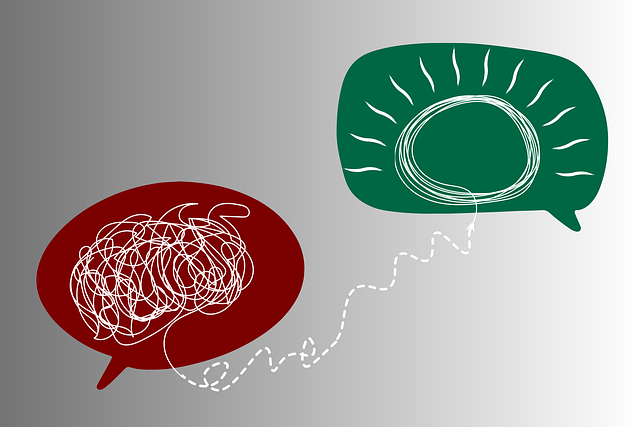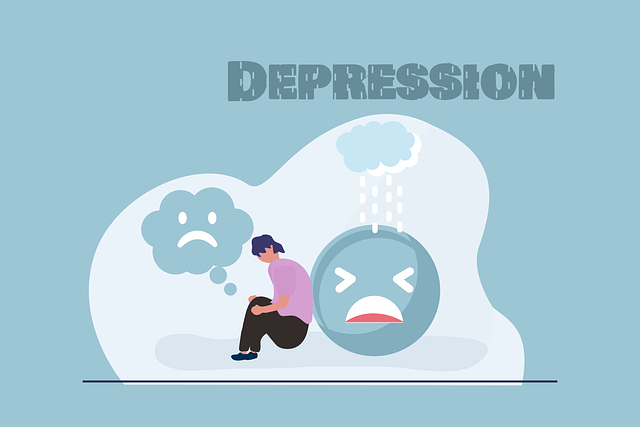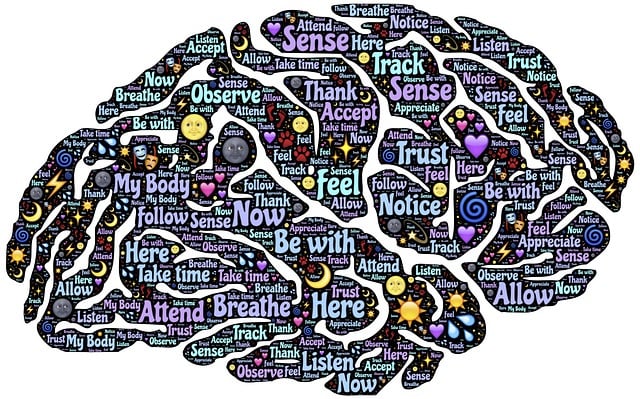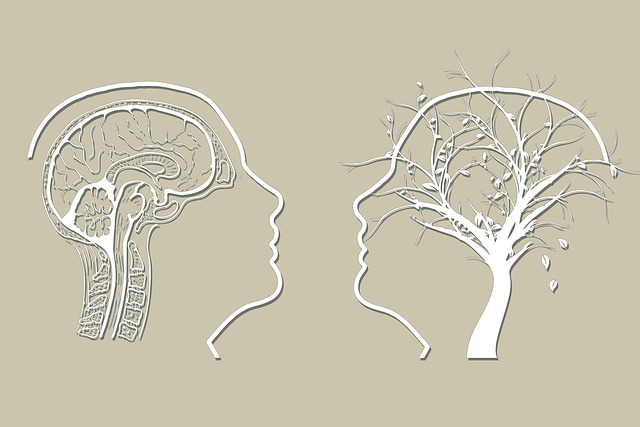Boulder Mens Issues Therapy utilizes Recollection, Feeling, Meaning (RFM) exercises to enhance therapeutic outcomes by encouraging clients to explore past experiences, process emotions, and derive deeper meaning. This approach addresses societal expectations, trauma, and burnout, fostering resilience through introspection in a safe space. The program promotes self-care routines, open discussions, cultural sensitivity, tailored interventions, and emotional intelligence, empowering men to navigate life's challenges with renewed purpose. Effective resilience-building exercises include interactive activities, group discussions, mindfulness techniques, and crisis intervention guidance, utilizing resources like the Mental Wellness Podcast Series Production and community leaders for innovative delivery methods.
“In the realm of men’s mental health, particularly within Boulder Mens Issues Therapy, Resourceful Front (RFM) models have emerged as powerful tools for fostering resilience. This article delves into the significance of RFM in therapy, offering a comprehensive guide to designing tailored resilience-building exercises.
We explore strategies to overcome challenges commonly faced in implementation and provide key metrics for measuring success. By understanding RFM, therapists can enhance their approach, empowering individuals to navigate life’s complexities with increased adaptability and strength.”
- Understanding RFM and its Relevance in Men's Issues Therapy
- Designing Resilience-Building Exercises for Effective Implementation
- Overcoming Challenges and Measuring Success in Boulder Mens Issues Therapy
Understanding RFM and its Relevance in Men's Issues Therapy

In the realm of Boulder Mens Issues Therapy, understanding and implementing RFM (Recollection, Feeling, Meaning) exercises can significantly enhance therapeutic outcomes. RFM is a powerful tool that encourages individuals to explore their past experiences, process emotional responses, and derive deeper meaning from these memories. This approach is particularly relevant in addressing men’s unique challenges, such as societal expectations, trauma, and burnout. By facilitating a safe space for introspection, therapists can help clients cultivate resilience and develop effective coping strategies.
Incorporating RFM into therapy sessions promotes self-care routine development for better mental health, fostering an environment where men can openly discuss their struggles without fear of judgment. Moreover, it emphasizes cultural sensitivity in mental healthcare practice, ensuring that therapeutic interventions are tailored to individual needs while respecting diverse backgrounds and experiences. This holistic approach not only aids in burnout prevention but also empowers clients to navigate life’s challenges with enhanced emotional intelligence and a renewed sense of purpose.
Designing Resilience-Building Exercises for Effective Implementation

Designing effective resilience-building exercises for implementation requires a nuanced approach tailored to the specific needs and challenges faced by individuals, especially those seeking Boulder Mens Issues Therapy. These exercises should be crafted to not only provide coping mechanisms but also foster mental wellness and strengthen an individual’s ability to navigate life’s crises. A well-structured program can significantly enhance one’s resilience, enabling them to overcome obstacles with greater ease.
When creating such interventions, consider incorporating a mix of interactive activities, group discussions, and mindfulness techniques. The Mental Wellness Podcast Series Production can serve as a valuable resource for innovative delivery methods. Additionally, integrating Crisis Intervention Guidance into the exercises ensures individuals receive immediate support during potentially traumatic events. Moreover, involving community leaders or therapists in designing these programs can facilitate meaningful discussions on mental health policy analysis and advocacy, ultimately contributing to a more comprehensive approach to building resilience within at-risk populations.
Overcoming Challenges and Measuring Success in Boulder Mens Issues Therapy

In the realm of Boulder Mens Issues Therapy, overcoming challenges is a testament to the resilience and strength of individuals seeking support. The therapy environment offers a crucible where men can confront and navigate their issues, fostering a sense of empowerment. Through tailored self-care practices and crisis intervention guidance, participants are equipped with tools to manage stress and elevate their overall well-being.
Measuring success in this context goes beyond mere numbers; it’s about witnessing personal transformations. The Boulder Mens Issues Therapy program achieves its goals by helping individuals develop effective coping mechanisms, enhance emotional intelligence, and cultivate a positive mindset. By integrating self-care practices into the therapy process, participants not only overcome immediate challenges but also build lasting resilience to face life’s uncertainties, ensuring improved mental health outcomes.
Implementing RFM (Resilience, Flexibility, and Mastery) exercises in Boulder Men’s Issues Therapy has shown significant promise in enhancing clients’ resilience and overall well-being. By understanding the relevance of RFM in addressing men’s specific challenges, therapists can design targeted interventions that foster adaptability and personal growth. Overcoming implementation barriers and measuring success through regular assessments enables therapists to tailor their approach, ensuring effective support for clients navigating life’s complexities within the context of Boulder Men’s Issues Therapy.














